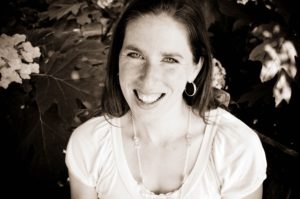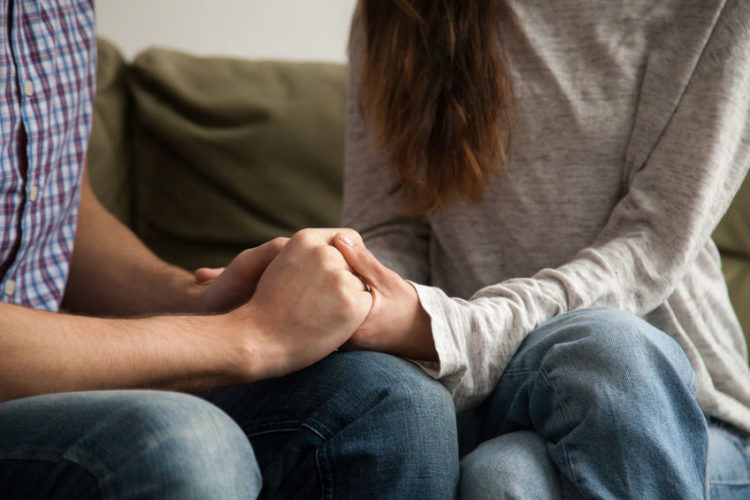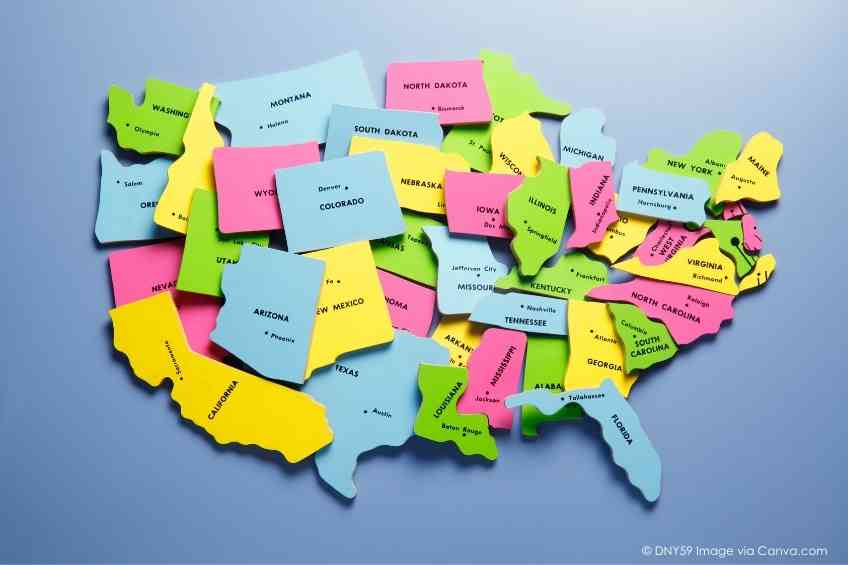Judi Ketteler is the definitive expert on honesty. After recently speaking with WellWell about her new book, Would I Lie to You? The Amazing Power of Being Honest in a World That Lies, we invited her back to discuss something she thought not possible—an angle on honesty she hadn’t yet considered. But global pandemics have a way of introducing new and unique perspectives and challenges on truthfulness. She spoke with WellWell about what personal honesty means right now, in this strange and unprecedented time and the benefits of being up front with those you’re cooped up with in lockdown.
There are so many different ways to think about dishonesty with this pandemic, starting with the fact that early dishonesty and lack of transparency may have led to a more rapid spread of COVID-19. What can we make of that?
So many things should have been different with how our government handled the virus early on, and the information that our officials communicated. Egos and a shameful lack of trust in science got in the way of transparency, and more people died because of that. Dishonesty truly does kill people, and it’s terrifying and heart-wrenching to see it, and to read through Twitter threads and see people’s anguish. I also feel like there is an element of us all needing to take some responsibility though. This is a theme in my book about honesty—that if we think the world is dishonest; we need to remember we make up the world.
Now that we’re living in forced togetherness, is it realistic to think we can be honest with each other?
It’s interesting to think now about this 2018 study that asked people to predict what it would feel like to be completely honest with others for three days. They nearly all said that it would be terrible and most likely ruin all of their relationships. But after actually trying it, the majority of people found it to be quite meaningful and much more socially connecting than expected. I spoke recently with Taya Cohen, associate professor at Carnegie Mellon University and a co-author of the study, and I asked her to reimagine if that study were done today with loved ones in quarantine with each other. “If you are forced to talk through these issues and live through whatever emotions go along with it, it may be more socially connecting,” Dr. Cohen said. “But there could be consequences that aren’t so practical right now.”
So having it out with your roommate right now when there is nowhere for either of you to escape to might not be the best idea. On the other hand, I put this question out there on Facebook and one of my friends who was traveling all of the time for work said that he likes the fact that now, he can actually be around for the fallout of these difficult conversations with his wife, instead of always hopping on a plane right at the pivotal moment. There are a lot of different ways to think about it.
If honesty could escalate tensions, so could dishonesty then, right?
Absolutely. Another one of my friends remarked that her filter was “lying in tatters on the floor.” I know that feeling. I don’t function well when I hold things in. Nobody in my house does. We’re very much a “get it all out there” kind of family and that’s magnified right now. Still, I’d rather have the difficult, but honest, conversation than walk around in awkward air filled with silent resentment. In my house, we’ve adopted a few mantras for this situation. One is to do our best to be kind to each other, even when we are super done with each other. The other is to take it one day at a time.
You said in the book that it’s important to be honest with children in the age of Siri, when they can easily get the answers to all the questions parents wave off. How does that apply now?
It’s really hard right now. There is a balance between being honest with your kids and not scaring the living daylights out of them. Where I am in Ohio, COVID-19 cases are here in our community, but (so far) nothing like New York City. I mention this because there are likely levels of how frightened children are, and parents should trust their gut to answer accordingly. In general, with school-aged kids—especially those who are using all the technology and keeping up with friends via chats and texts and apps—we should break toward more honesty than is comfortable, because they are already talking about all-things-virus with their friends. If they come to you with any question at all, consider yourself lucky that they are asking you and do your best to answer it with both truth and calm.
What is the role of self-honesty while we are all in lockdown?
There are a few things that I’m seeing. One is that people are trying to project this romanticized version of quarantined life on social media, with all the cakes they are making, the puzzles they are lovingly doing with their spouse, the family singalongs they are doing with their kids, and the amazing hikes they are all taking together. I’ve done a bit of this myself (I posted an Instagram story just this weekend of my daughter and I making cupcakes!) and I think it’s a way of trying to say to the world, “Look, we’re okay!” I think it helps us make meaning and that is healthy. It gets unhealthy if we start judging ourselves against this great and productive quarantine experience everyone else is having.
The other thing I’m seeing is what Jennifer Senior recently wrote about: psychological distancing. This is the process of creating as much distance as possible between us and someone who has died or gotten really sick with COVID-19. For example, we obsess about whether or not the person had underlying conditions and emphasize any detail we can find that suggests they were old or in bad health or smoked one cigarette at some point in their lives or somehow did something to deserve it. It’s a self-protective measure in part, but it’s also a form of lying to yourself and disconnecting from reality (which makes it a lot easier to judge others). After I read her article, I had to admit that I was doing this. I realize now that a more honest response is to say that I am really, really scared about getting this virus and there is nothing inherently special about me that says I won’t get it.
Fear is honest, but is it productive?
In a way, yes, because our fear can keep us practicing social distancing and good hygiene. But of course, it will paralyze us if we get too stuck in it. I have this quote on the whiteboard above my computer from Nelson Mandela that says, “May your choices reflect your hopes, not your fears.” To that end, a few weeks ago, I realized that each day, I would just keep asking myself if I was in the group that needed help, or the group that could help. If the answer was that I was still in the group that could help (financially, or making masks, or supporting a friend emotionally, etc.) then I would help. It’s the best thing I’ve been able to figure out about this whole thing. If you can help, then just keep helping until you can’t.
 About Judi Ketteler
About Judi Ketteler
Judi Ketteler has been writing stories since she was old enough to hold a pencil. An award-winning essayist, she has contributed to dozens of publications, including The New York Times, The Washington Post, Los Angeles Magazine, Better Homes & Gardens, and Runner’s World. She is also the author of two books about sewing. She lives in Cincinnati with her husband and two children.
Learn more at judiketteler.com.












